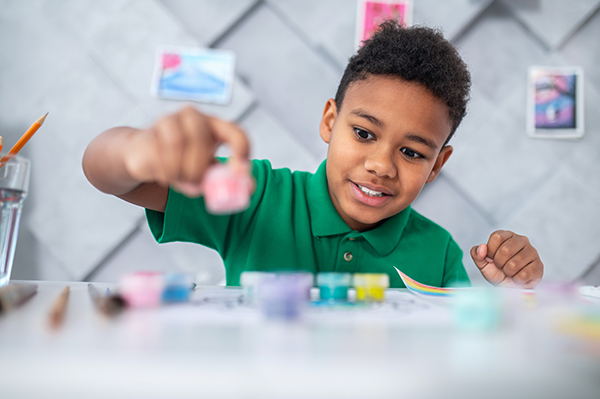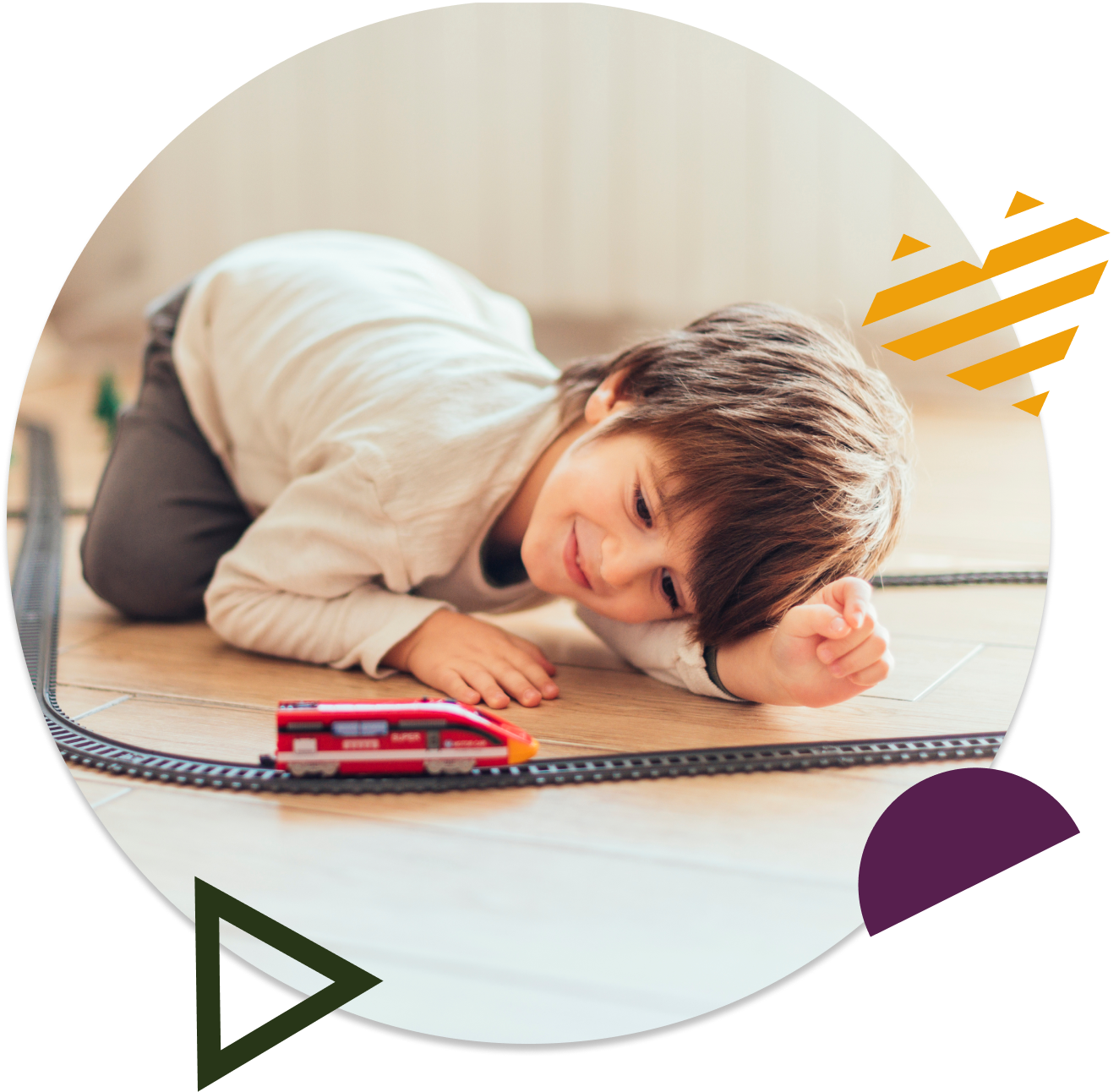
Motor skills are an important developmental foundation for every child. As children’s motor skills progress, they gain new opportunities to interact with the world around them, including interacting with peers, family members, caregivers, objects, social situations, and the broader environment. Motor development is typically divided into the development of two types of motor skills: gross motor skills and fine motor skills. Gross motor skills relate to large muscle movements (e.g., standing, running, etc.), while fine motor skills relate to small muscle movements (e.g., holding a crayon, buttoning a shirt).
Children on the autism spectrum often struggle with both gross and fine motor skills development due to sensory and coordination challenges. Delays in motor skill development can have significant long-term consequences. For example, if your child struggles with gross motor skills early on (sitting up on their own, walking, or running), they may be reluctant to engage in physical activities such as sports or even informal play. This can limit your child’s opportunities for interactions, and can potentially affect their social development. Likewise, if your child struggles with fine motor skills early on, such as grasping and manipulating small objects (crayons, buttons), later on they may encounter difficulties with academic skills (drawing, writing), as well as with independent life skills (dressing, hygiene, cooking, cleaning). Working with your child to develop their motor skills can help them be better prepared for various life settings and situations, as well as for independence. Goals that promote the development of motor skills can range from those focused on gross motor skills, to those that focus on fine motor skills, to those that combine the two. Providing your child with the tools to develop these skills can significantly improve their well-being in a variety of contexts, immediately as well as in the future.

